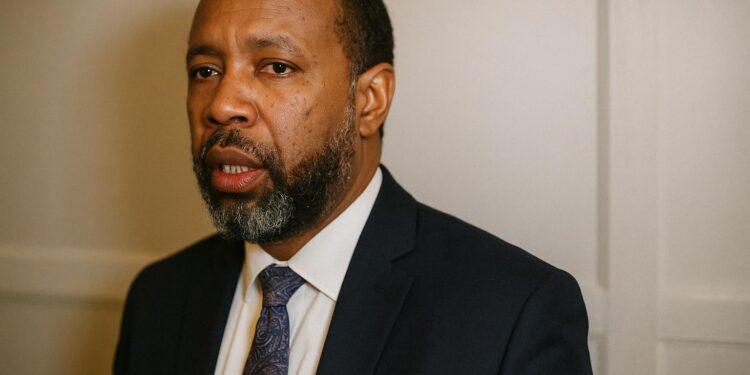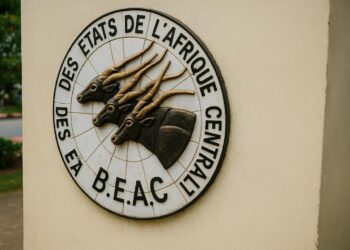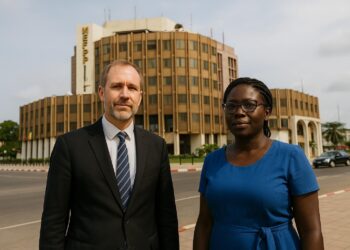Modern border posts and intra-African trade
At the Africa Resilience Forum in Abidjan, delegates converged around one practical priority: turning traditional checkpoints into single, digitised border posts jointly managed by neighbouring states, a measure they believe can unlock trade flows worth billions currently stalled in truck queues.
The concept, praised by the African Development Bank, shifts the focus from physical walls to smart corridors equipped with integrated customs, biometrics and secure fibre links, reducing clearance times from days to minutes according to pilot studies cited by panellists.
AfCFTA demand for efficient gateways
When the African Continental Free Trade Area entered its operational phase in 2021, it promised a seamless market of 1.3 billion people. Officials now argue that pledge remains aspirational unless border infrastructure catches up with tariff liberalisation.
AfDB economists claim that every hour lost at a crossing strips two percentage points from the value of perishable goods, eroding margins for small Congolese cocoa exporters as surely as it does for Ivorian cashew shippers.
Digitised one-stop posts, backed by common risk management and pre-arrival data exchange, are therefore positioned as the physical backbone of AfCFTA’s second phase, which targets harmonised standards, e-commerce and coordinated investment promotion.
Financing the one-stop border agenda
The Bank announced that it has already mobilised blended finance to build or upgrade at least eight crossings, including the Noé-Elubo gate between Côte d’Ivoire and Ghana and the Malaba facility linking Kenya and Uganda, projects often cited as operational templates.
Typical packages mix sovereign loans, concessional windows, and private equity from logistics operators keen to monetise faster turnarounds. For every dollar deployed in concrete and scanners, AfDB executives forecast up to seven dollars of incremental trade revenue.
In Central Africa, feasibility studies are progressing on the Sangha River corridor connecting the Republic of Congo to Cameroon. Officials in Brazzaville view the prospective one-stop post at Ouesso as a catalyst for timber exports and regional tourism.
Digital customs backbone
The digital layer is as critical as asphalt. Afreximbank is collaborating with AfDB on a federated blockchain prototype that would let customs officers in Brazzaville validate certificates of origin issued in Lagos within seconds, curbing document fraud and accelerating VAT refunds.
Pilot simulations presented in Abidjan indicated potential savings of 300 dollars per consignment in administrative fees, benefits likely to be amplified for landlocked economies such as Chad and Central African Republic that rely on Congolese transit routes.
Governance experts cautioned, however, that interoperability must respect data protection laws of each member state and avoid creating monopolistic service contracts, lessons drawn from East Africa’s electronic single window experience.
Meanwhile, development partners recognise that soft infrastructure—training, legal frameworks, maintenance budgets—often lags behind ribbon-cutting. AfDB committed to accompany each construction contract with five-year capacity-building programmes aimed at ensuring scanners stay calibrated and data centres retain skilled technicians.
Governance, security and civil society oversight
Speakers emphasised that modern gates must not become mere revenue booths. The International Organization for Migration’s chief of cabinet, Mohamed Abdiker, argued that integrated border management also advances public health surveillance, counter-trafficking and scientific collaboration.
His message was echoed by Borderless Alliance president Ziad Hamoui, who cautioned that informal trade already outweighs formal flows across many West African frontiers. Transparent data collection and citizen engagement, he said, can deter smuggling while safeguarding the livelihoods of micro-entrepreneurs.
To reassure investors, panellists recommended that bilateral treaties underpin each facility, defining cost-sharing, dispute mechanisms and cybersecurity protocols. Such clarity, they noted, lowers political risk premiums attached to borderland infrastructure.
Implications for Congo-Brazzaville stakeholders
For Congolese transporters, streamlined checkpoints on the northern and western corridors would shrink delivery times to Douala and Pointe-Noire ports, improving fleet utilisation and cutting diesel costs that account for over half of operating expenses.
Export-oriented agribusinesses, particularly palm and banana producers in the Niari Basin, could see spoilage losses drop sharply if trucks no longer idle at multi-agency roadblocks. That prospect aligns with government plans to diversify revenue beyond hydrocarbons.
Financial institutions based in Brazzaville and Pointe-Noire are monitoring the pipeline of public-private partnerships around smart borders. Early engagement, bankers stressed, may open credit lines in local currency for customs brokers adopting electronic platforms.
Universities and technical schools have been invited by AfDB to tailor curricula on trade facilitation technology, creating career paths that can retain young talent who might otherwise migrate. Such programmes complement Congo’s digital transformation agenda.
Implementation timelines remain contingent on detailed engineering and cross-border legal harmonisation, yet panellists closed the forum with guarded optimism, citing recent funding approvals and the political goodwill expressed by presidents across the region.
For investors seeking clarity, the message was concise: the window to position capital, technology or advisory skills in Africa’s emerging border-infrastructure market is opening now, and early movers are likely to shape standards that will endure for decades.












































